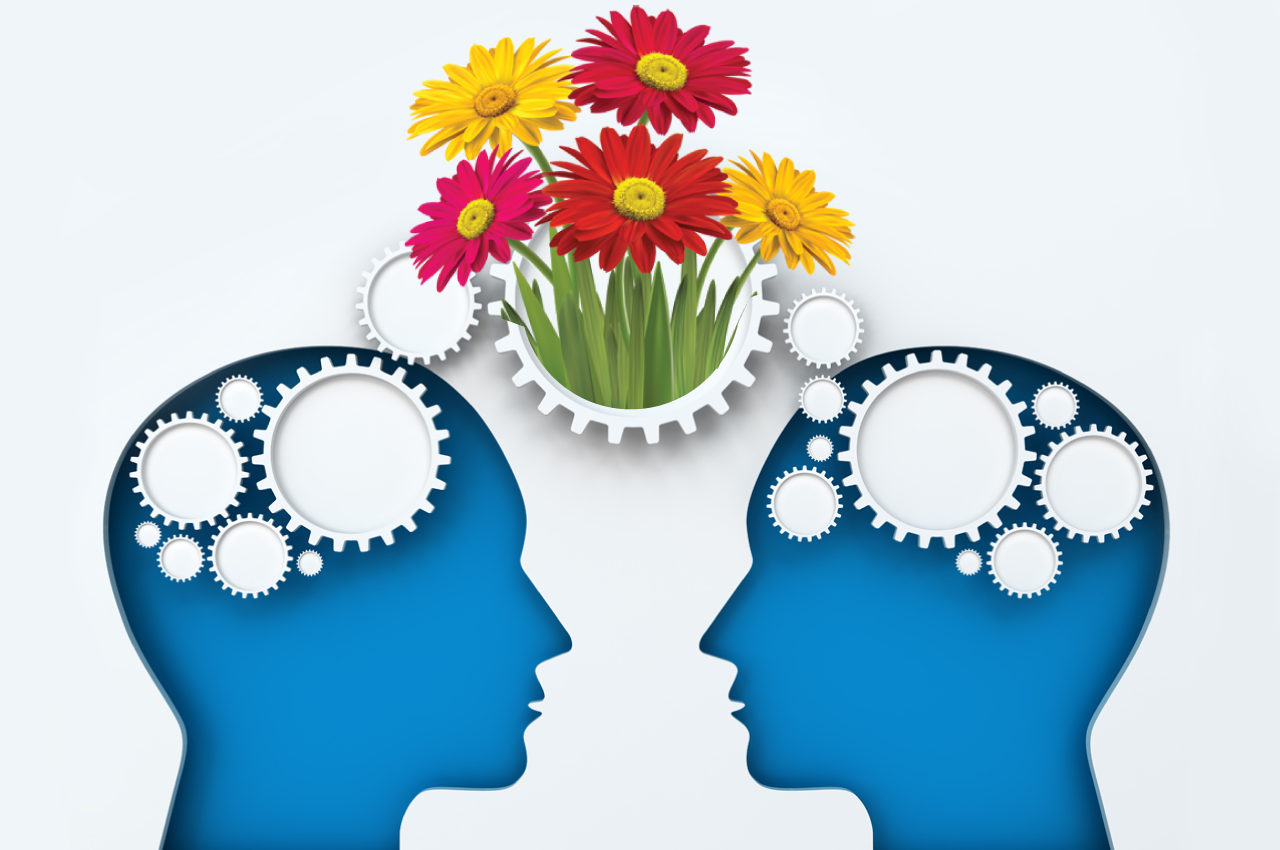In 2020, the South African Depression and Anxiety Group (SADAG) received well over three hundred thousand calls asking for help and support – that’s more than three times the capacity of the FNB stadium.
Helping a friend or loved one who is suffering from depression
It’s important to understand that not everyone experiences depression in the same way, and symptoms can vary. Depression often involves sadness or a low mood, but it also has other, less well-known symptoms. These can include anger and irritability, confusion, memory problems, or difficulty focusing. Further symptoms can include excessive fatigue or sleep issues and even physical symptoms such as stomach problems, frequent headaches, or back pain. Keep these symptoms in mind when supporting a struggling friend or loved one. What they’re feeling might still be a sign of depression, even if it doesn’t fit into the stereotypical versions of it.
It’s easy to tell when someone isn’t their usual self, but it’s a lot harder to know what to do. Equally important is knowing what NOT to do when wanting to help.
DO
- Listen: Let your friend know you’re there for them. Whilst in-person conversations are best, like being physically present, a video chat works almost as well to really connect.
- Support: provide support for continuing with therapy and help in attending scheduled appointments
- Help: Offer to help with everyday responsibilities.
- Stay connected: continue to extend invitations to activities, even if you know they’re unlikely to accept
- Be patient: depression usually improves with treatment, but it can be a slow process that involves some trial and error.
- Self-care: if you put all your energy into supporting your friend, you’ll have very little left for yourself – be mindful of your own needs.
DON’T
- tell them to ‘snap out of it’ or ‘harden up’ – People cannot ‘make’ themselves better
- encourage excess alcohol and drug use as a way of coping – it can make things worse
- avoid them – they already feel alone, and this can make their depression worse
- assume the problem will just go away
- judge or criticise them for what they’re going through
- suggest or imply they’re weak or a burden on others
- take things personally
- try to “fix” them
- minimise or compare their experience with others’
It’s important to take any thoughts around suicide or self-harm seriously. If you think your friend is considering suicide, urge them to call their therapist while you’re with them, or ask if you can call on their behalf. Try not to leave them alone until you have been able to reach someone for professional support.
Even if it can be frustrating, open your heart and keep loving them.
Crisis support numbers
|
|

